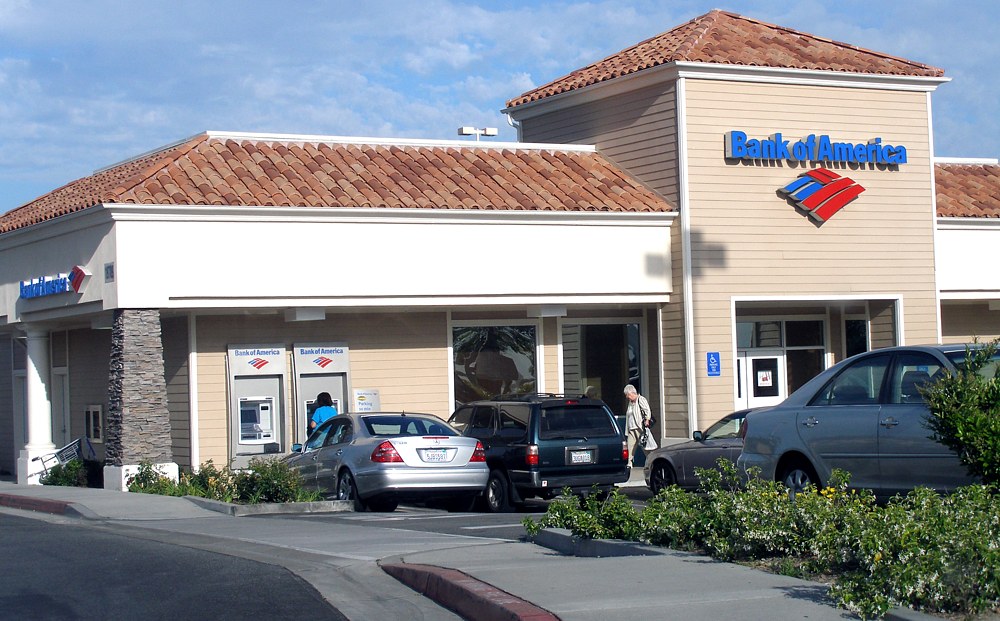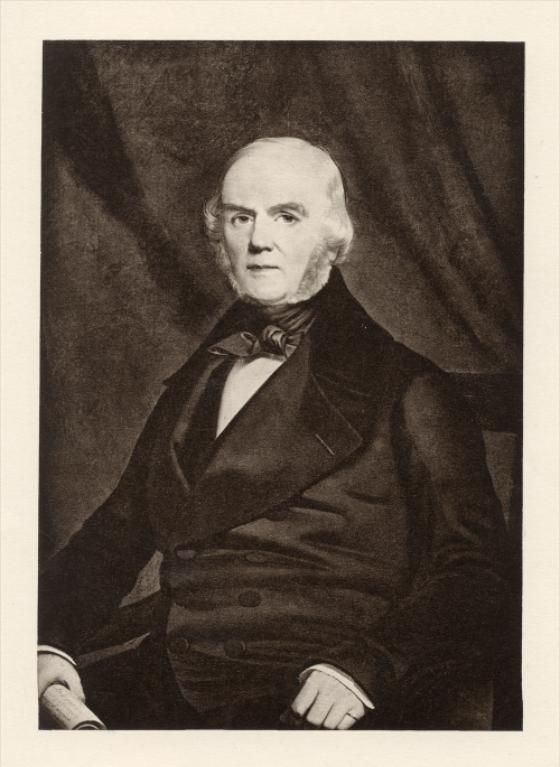|
Banque Pour Le Commerce Et L'Industrie – Mer Rouge
Banque pour le Commerce et l'Industrie – Mer Rouge (BCIMR) is a bank in Djibouti. It has a market share of around 45%, and is the largest bank in the Horn of Africa. BCIMR is a subsidiary of the French bank BRED Banque populaire, which owns a 51% share in the company. The Government of Djibouti and a Yemeni bank own the remaining 33% and 16% shares, respectively. BCIMR has a branch in Hargeisa, situated in the self-declared Republic of Somaliland, internationally considered to be part of Somalia. History In 1943, BNCI, an ancestor of BNP Paribas, took over Crédit Foncier de Madagascar et de la Réunion, which it renamed BNCI Océan Indien in 1954. BNCI Océan Indien opened a branch in Djibouti the same year. In 1977, when Djibouti achieved independence from France, BNP converted the branch into a subsidiary. In July 2007, BNP Paribas sold BCIMR to the French banking group Banques Populaires. In February 2009, BCIMR opened a branch in Hargeisa, becoming the first bank th ... [...More Info...] [...Related Items...] OR: [Wikipedia] [Google] [Baidu] |
Bank
A bank is a financial institution that accepts deposits from the public and creates a demand deposit while simultaneously making loans. Lending activities can be directly performed by the bank or indirectly through capital markets. Because banks play an important role in financial stability and the economy of a country, most jurisdictions exercise a high degree of regulation over banks. Most countries have institutionalized a system known as fractional reserve banking, under which banks hold liquid assets equal to only a portion of their current liabilities. In addition to other regulations intended to ensure liquidity, banks are generally subject to minimum capital requirements based on an international set of capital standards, the Basel Accords. Banking in its modern sense evolved in the fourteenth century in the prosperous cities of Renaissance Italy but in many ways functioned as a continuation of ideas and concepts of credit and lending that had their roots in the ... [...More Info...] [...Related Items...] OR: [Wikipedia] [Google] [Baidu] |
BNP Paribas
BNP Paribas is a French international banking group, founded in 2000 from the merger between Banque Nationale de Paris (BNP, "National Bank of Paris") and Paribas, formerly known as the Banque de Paris et des Pays-Bas. The full name of the group's parent entity is BNP Paribas S.A. With 190,000 employees as of February 2021, the bank is organized into three major business areas: Commercial, Personal Banking & Services (CPBS), Investment & Protection Services (IPS) and Corporate & Institutional Banking (CIB). The group is listed on the first market of Euronext Paris and a component of the Euro Stoxx 50 stock market index, while it also included in the French CAC 40 index. BNP Paribas is the largest banking group in Europe, after HSBC, and ninth largest Banking group in the world, essentially a bulge bracket. It became one of the five largest banks in the world following the 2008 financial crisis. Despite some legal difficulties in 2014, including being fined the largest ever s ... [...More Info...] [...Related Items...] OR: [Wikipedia] [Google] [Baidu] |
Economy Of Djibouti
The economy of Djibouti is derived in large part from its strategic location on the Red Sea. Djibouti is mostly barren, with little development in the agricultural and industrial sectors. The country has a harsh climate, a largely unskilled labour force, and limited natural resources. The country's most important economic asset is its strategic location, connecting the Red Sea and the Gulf of Aden. As such, Djibouti's economy is commanded by the services sector, providing services as both a transit port for the region and as an international transshipment and refueling centre. From 1991 to 1994, Djibouti experienced a civil war which had devastating effects on the economy. Since then, the country has benefited from political stability. In recent years, Djibouti has seen significant improvement in macroeconomic stability, with its annual gross domestic product improving at an average of over 3 percent since 2003. This comes after a decade of negative or low growth and is attr ... [...More Info...] [...Related Items...] OR: [Wikipedia] [Google] [Baidu] |
Commercial And Savings Bank Of Somalia
The Central Bank of Somalia (CBS) ( so, Bankiga Dhexe ee Soomaaliya, ar, البنك المركزي الصومالي) is the monetary authority of Somalia. Somalia has struggled to reestablish a functioning state since the collapse of an authoritarian regime in 1991. Somalia has been cited as a real-world example of an anarchist stateless society and a country with no formal legal system. The Transitional Federal Government, formed in 2004, was recognized as the central government of Somalia. Among other duties, it is in charge of ensuring financial stability, maintaining the internal and external value of the local currency, and promoting credit and exchange conditions that facilitate the balanced growth of the national economy. Within the scope of its powers, it also contributes to the financial and economic policies of the State. [...More Info...] [...Related Items...] OR: [Wikipedia] [Google] [Baidu] |
France
France (), officially the French Republic ( ), is a country primarily located in Western Europe. It also comprises of overseas regions and territories in the Americas and the Atlantic, Pacific and Indian Oceans. Its metropolitan area extends from the Rhine to the Atlantic Ocean and from the Mediterranean Sea to the English Channel and the North Sea; overseas territories include French Guiana in South America, Saint Pierre and Miquelon in the North Atlantic, the French West Indies, and many islands in Oceania and the Indian Ocean. Due to its several coastal territories, France has the largest exclusive economic zone in the world. France borders Belgium, Luxembourg, Germany, Switzerland, Monaco, Italy, Andorra, and Spain in continental Europe, as well as the Netherlands, Suriname, and Brazil in the Americas via its overseas territories in French Guiana and Saint Martin. Its eighteen integral regions (five of which are overseas) span a combined area of and contain clos ... [...More Info...] [...Related Items...] OR: [Wikipedia] [Google] [Baidu] |
Branch (banking)
A branch, banking center or financial center is a retail location where a bank, credit union, or other financial institution (including a brokerage firm) offers a wide array of face-to-face and automated services to its customers. History and description During the 3rd century banks in Persia (now Iran) and in other territories started to issue letters of credit known as Sakks, basically checks in today’s language, that could be traded in cooperative houses or offices throughout the Persian territories. In the period from 1100-1300 banking started to expand across Europe and banks began opening ‘branches’ in remote, foreign locations to support international trade. In 1327, Avignon in France had 43 branches of Italian banking houses alone. The practice of opening satellite branches was popularized in the early 20th century by Amadeo Giannini, then head of the Bank of America. Historically, branches were housed in imposing buildings, often in a neoclassical style of arc ... [...More Info...] [...Related Items...] OR: [Wikipedia] [Google] [Baidu] |
BNCI Océan Indien
The ''Banque nationale pour le commerce et l'industrie'' (BNCI, "National Bank for Trade and Industry") was a major French bank, active from 1932 to 1966 when it merged with Comptoir national d'escompte de Paris to form Banque Nationale de Paris (BNP). It was itself the successor of the ''Comptoir d'Escompte de Mulhouse'', a bank founded in 1848 under the Second French Republic, and its subsidiary formed in 1913, the ''Banque Nationale de Crédit''. Comptoir d'Escompte de Mulhouse The Comptoir national d'escompte de Mulhouse was created on as one of 65 comptoirs d'escompte or local discount banks under the initiative of the new Republican government, following the financial crisis associated with the February Revolution of that year. Its first director was local industrialist , appointed by government decree on . In May 1852, the government withdrew its financial support, and the Comptoir national d'escompte de Mulhouse was one of less than a dozen that survived, together w ... [...More Info...] [...Related Items...] OR: [Wikipedia] [Google] [Baidu] |





